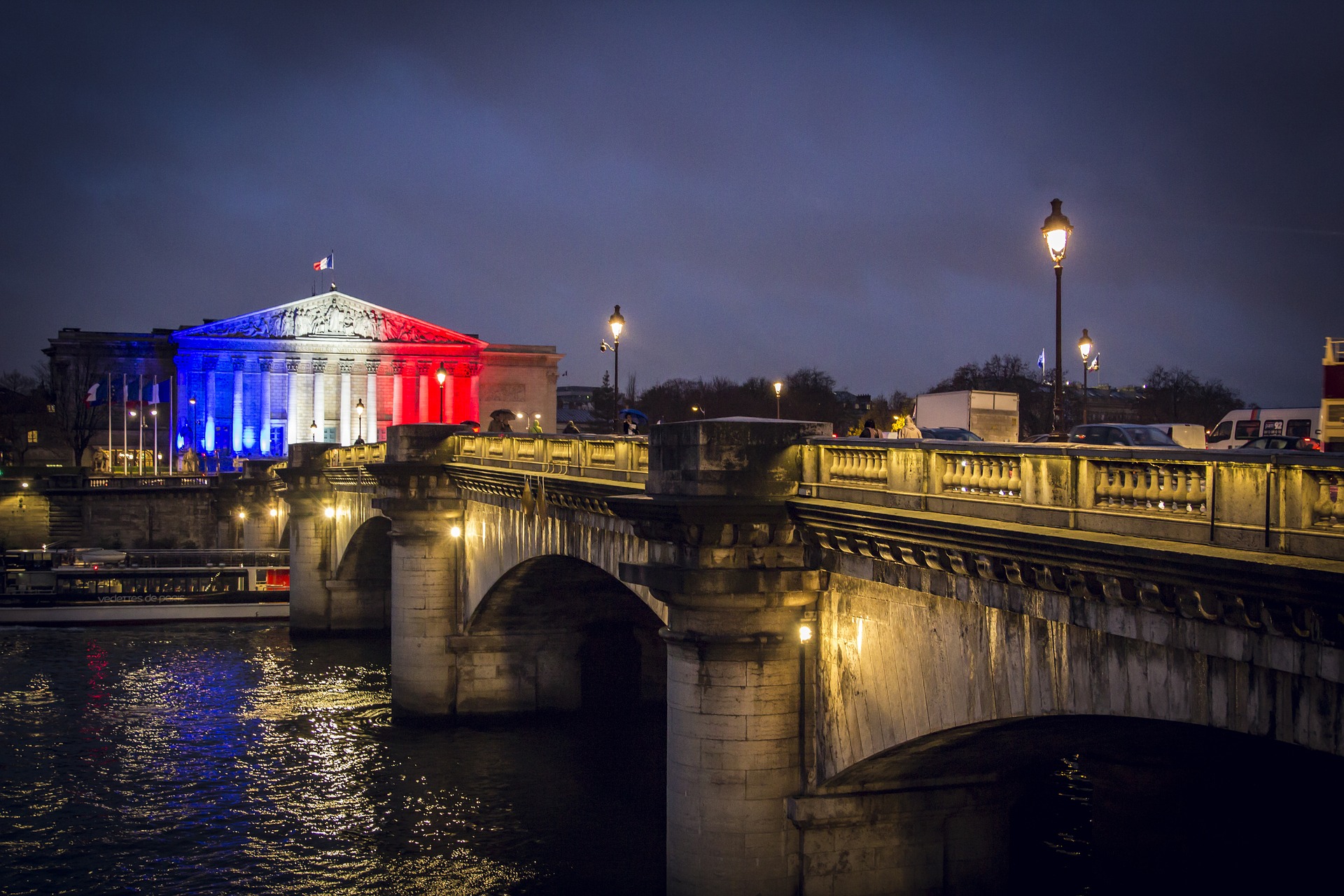 The Belgian historian Henri Pirenne linked Europe’s birth as a Christian continent in the eighth century to its rupture with Islam. Pirenne probably would never have expected a Muslim ghetto in Brussels to emerge, much less become a hub of jihadism, with marginalized and angry young Muslims revolting against Europe from within its own borders.
The Belgian historian Henri Pirenne linked Europe’s birth as a Christian continent in the eighth century to its rupture with Islam. Pirenne probably would never have expected a Muslim ghetto in Brussels to emerge, much less become a hub of jihadism, with marginalized and angry young Muslims revolting against Europe from within its own borders.
Divorce is not an option these days. But nor is the kind of marriage that the Islam scholar Tariq Ramadan advocates. Ramadan, a grandson of the founder of the Muslim Brotherhood in Egypt, is a Swiss citizen and a resident of the United Kingdom who argues that Islamic ethics and values should be injected into the European system. Europe would then not just tolerate Islam, but actually embrace it as an integral part of itself.
The problem with Ramadan’s vision is that Europe is an overwhelmingly secular continent, with a profoundly forward-thinking approach to ethics. Islamic societies, by contrast, are both deeply religious and deeply embedded in the past. When Islamists speak of political or social reform, they are typically looking backward, hoping to resurrect a time when core European principles—from gender equality to gay marriage—were repudiated. Even Muslims who support the modernization of Islam would typically stop well short of Europe’s ethical vision.
The flaws in Ramadan’s proposed solution to Euro-jihadism mirror the flaws in his explanation for the phenomenon, which he attributes largely to Europe’s involvement in the wars in the Middle East, its supposed collusion with Israel’s suppression of the Palestinians, and its support of Arab autocrats. ‘We cannot,’ he writes, ‘support dictatorships … be silent when civilians are massacred south of our borders, and hope that we will not receive a response to the injustice and humiliation we have provoked.’
But it is the United States that launched wars in Iraq and Afghanistan, offers unconditional support to Israel, and has repeatedly propped up Arab autocrats. And it is Europe that has consistently criticized these policies—often harshly. Yet America is not being subjected to a major surge of jihadist sentiment within its borders.
It might have helped that US President Barack Obama backed away from some of these policies. When the Arab Spring uprisings began, for example, he was quick to cut support for Tunisian President Zine El Abidine Ben Ali and Egyptian President Hosni Mubarak, allowing protesters—inspired by the Western model of democracy—to secure regime change. The return to autocracy in Egypt in 2013, via Abdel Fattah el-Sisi’s coup d’état, certainly was not aided by the US or Europe, both of which supported the democratically elected Muslim Brotherhood.
Europe has offered even more direct help to Arab countries in recent years. If it were not for Europe’s military intervention, Libyans would still be living under the tyrannical Muammar el-Qaddafi. True, Europe could have done more to prevent the ensuing chaos in Libya. But the people of Libya surely must take responsibility for the proliferation of competing militias that refuse to unite to save their state from total collapse.
More broadly, though the West—especially the US—has made grave policy errors in the Arab world over the last 50 years, external powers cannot be blamed entirely for the region’s meltdown. That is the result of a profound civilizational crisis—one that can be redressed only by the people of the Arab world.
If Europe’s foreign policy is not responsible for the Arab world’s current turmoil, it certainly cannot be the reason for the rise of jihadism within its own borders. The real problem lies at home: a disastrous deficit of effective policies related to social justice, education, housing, and employment for young European Muslims. Marginalization generates frustration, which is subsequently fed by growing Islamophobia and the rise of raucous right-wing movements throughout the continent.
This link is apparent in the fact that the majority of European jihadists come from underprivileged backgrounds. Not particularly well versed in the true teachings of Islam, and lacking opportunities to improve their lives, they become easy prey for extremists. Jihadism, with its absolute certainty and grand mission, offers a sense of purpose, pride, and identity—not to mention adventure—and an outlet for their anger against the “home” that has denied them those things.
The story of America’s Muslims is the measure of Europe’s failure. Like most Americans, Muslims in the US maintain a certain amount of faith in the American dream. They are mostly middle class, and, despite all the talk about rising economic inequality, they have not given up on the belief that, in the US, hard work and initiative are rewarded.
America is a country of immigrants, with a dynamic economy that has enabled newcomers, time and again, to achieve great success. In Europe, by contrast, improving one’s social standing has always been very difficult; and, at a time of economic stagnation and staggeringly high unemployment, it is not getting any easier.
Socially, America also offers something to Muslims that Europe does not. Its fundamentally religious culture enables Muslims to retain their identity to a far greater extent than in secular Europe. Indeed, America’s core values—personal responsibility and constitutional patriotism—can be easier for Muslims to swallow than Europe’s more aggressively secular brand of liberalism. As a result, integration and assimilation tend to be easier for Muslims in America.
All of this suggests that Europe must look inward to address homegrown jihadism effectively. This does not mean that it should temper its secularism, much less its liberal values. Rather, Europe must breathe life into its own “European dream,” ensuring that all people have access to real opportunities to improve their lives. Otherwise, it will face a lost generation of millions of young Europeans—Muslim and otherwise.

